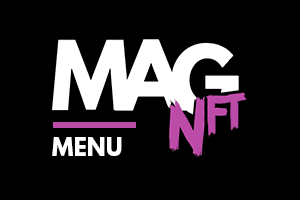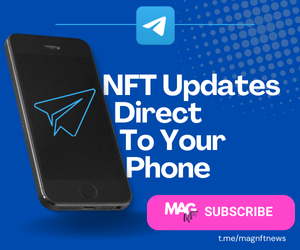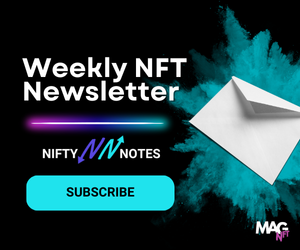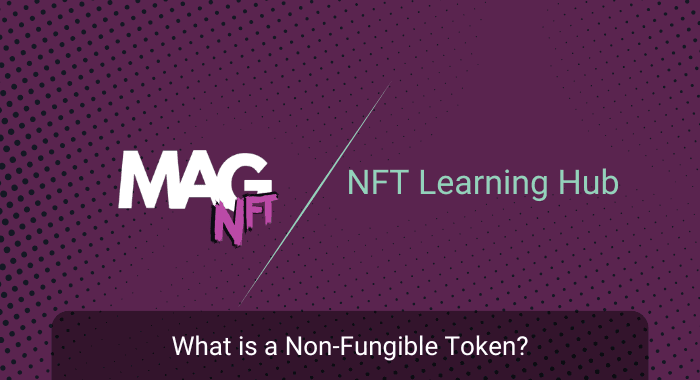NFT stands for non-fungible token.
NFTs are sets of data – known as digital tokens – on a blockchain. Each token is associated with a singular digital or physical item. The token defines both proof of ownership, and proof of authenticity. Each NFT is unique, because each has unique data that cannot be replicated.
Some of the most popular use cases for NFTs include:
- Collectibles
- Items in blockchain games
- NFT art
- Metaverse land
- NFT music
As an example, digital art can be minted by the artist to prove its authenticity.
NFT Basics
- What is a Non-Fungible Token?
- NFTs vs Crypto: Key Difference
- Common NFT Terms
- What gives an NFT its value?
- How Do I Purchase an NFT?
- How Do I Pick an NFT to Buy?
- How Do I Trade an NFT?
- Is It Hard to Sell an NFT?
- How Do I Exchange an NFT for Cash?
- How Do I Make an NFT?
- How Do I Find the Rarity of an NFT?
- How Do I Earn Money from NFTs?
- What can an NFT holder do?
- Why do collectors buy NFTs?
- Can NFTs be a good investment?
- How Do I Avoid NFT Scams?
- How Do I Know if an NFT Is Real?
- Will NFTs last?
- What Are the Biggest NFT Collections?
- What was the first NFT minted?






